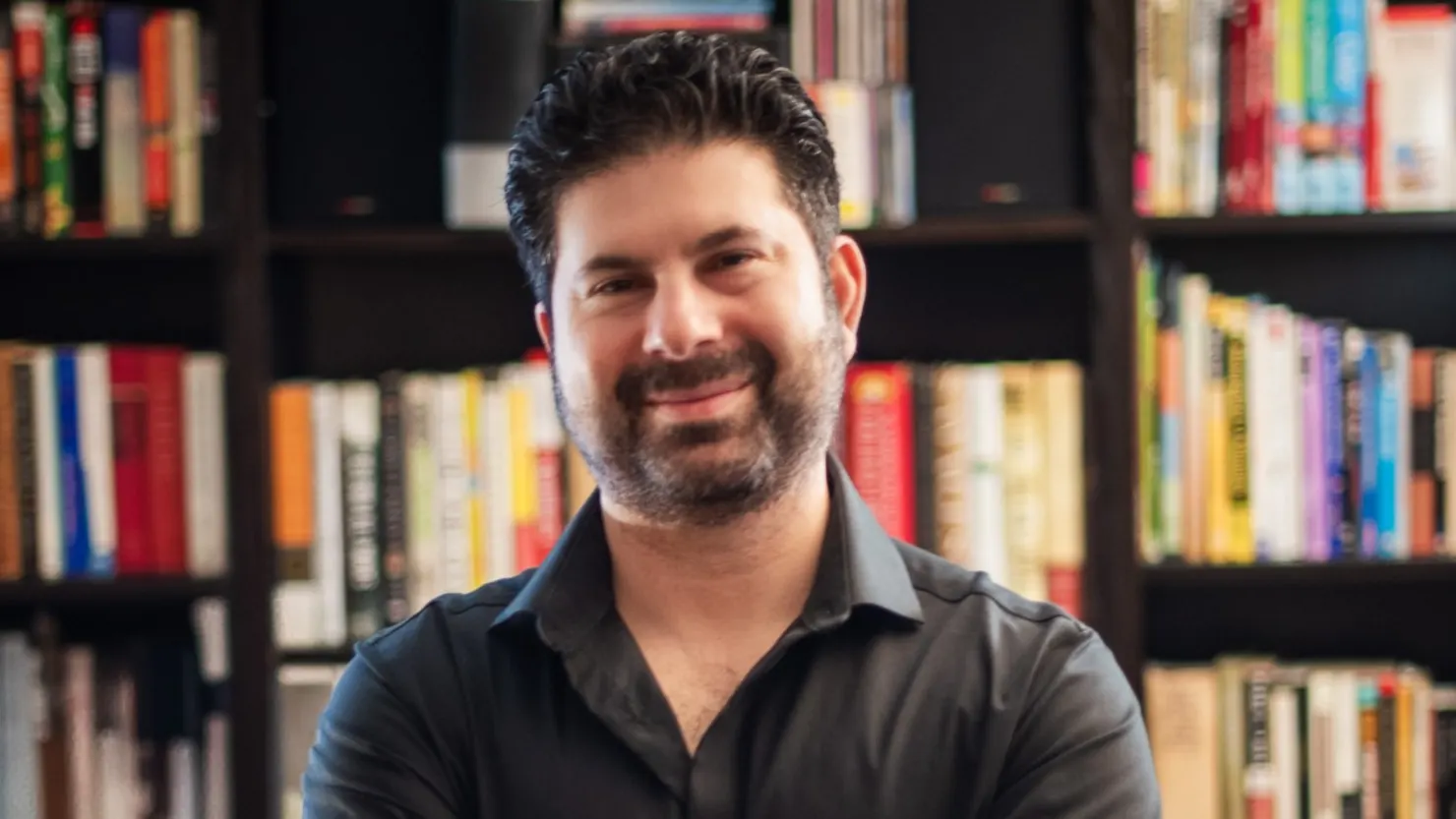Psychologist Scott Barry Kaufman explains that fear—whether of failure, rejection, or uncertainty—is often the biggest barrier to success and happiness. Overcoming this fear involves a process called “unlearning fear,” which helps build resilience and enables people to identify their self-imposed limitations and objectively find ways to move forward. Fear is typically learned from past experiences and traumas, Kaufman notes, and must be actively unlearned by choosing a different way of living, which requires considerable inner effort.
It’s natural to avoid what scares you. For example, fear of rejection might stop someone from asking for a promotion or applying for a new job. Similarly, the fear of failure may prevent a person from taking the risk of starting a business. Often, the easiest response in these moments is inaction, driven by feelings of helplessness when overwhelmed.
The key to unlearning fear is reframing what scares or worries you as an opportunity to learn or try something new. Kaufman calls this “learning hopefulness,” the idea that in any moment you can choose to respond with fear or with growth. This mindset empowers individuals to take control over their responses rather than being paralyzed by fear.
One practical technique Kaufman recommends is shifting from asking “Why?” questions, which tend to lead to dead ends, to “What?” questions, which promote objectivity and productive problem-solving. For example, if a boss assigns more work than expected, instead of asking, “Why am I feeling overwhelmed?” you might ask, “What am I feeling? What would help me feel better?” This approach can lead to conversations that set clearer expectations and help prioritize tasks.
By asking “What do I need right now?” you foster a constructive cycle of self-awareness and solution-finding. This helps break harmful patterns and build the mental strength needed to overcome obstacles. Embracing flexibility and curiosity allows individuals to see life’s challenges as opportunities to learn rather than threats to fear.
Other experts echo this approach, encouraging a shift from a fear-based mindset to viewing failure as a valuable pitstop for growth. Failure becomes a tool for refining skills, understanding obstacles, and realizing one’s ability to recover and continue striving toward success.
READ MORE:
